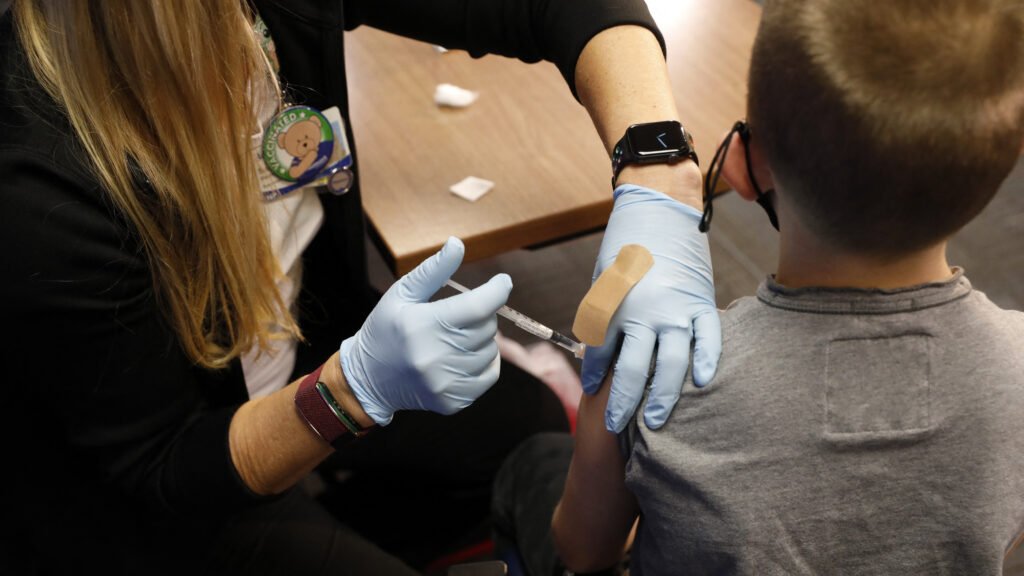Childhood vaccination coverage has seen significant improvements since 1980, but recent data suggests a slowdown in progress over the last two decades. A study published in The Lancet highlighted the stagnation and wide variation in childhood vaccination rates since 2010, with the Covid-19 pandemic exacerbating existing immunization challenges.
The resurgence in vaccine skepticism in the United States has led to a concerning rise in measles cases, jeopardizing the country’s measles elimination status. This trend coincides with the Trump administration’s reduction in federal research funding and the appointment of vaccine critics to key advisory panels, further complicating the nation’s vaccination policy landscape.
The study’s analysis did not factor in these recent shifts in the U.S. vaccine environment, but it emphasized the need for accelerated progress to achieve global immunization targets by 2030. The World Health Organization aims to reduce the number of zero-dose children by half and achieve 90% coverage for essential vaccines like diphtheria-tetanus-pertussis.
Researchers utilized various statistical modeling techniques to estimate vaccination coverage across 204 countries and territories, highlighting a significant increase in global vaccine coverage for various diseases between 1980 and 2023. However, progress slowed between 2010 and 2019, particularly in high-income countries where coverage for certain vaccines declined.
Challenges in reaching children with vaccines are attributed to limited access in remote areas and growing vaccine hesitancy fueled by misinformation. The Covid-19 pandemic further disrupted vaccination efforts, leading to a peak in the number of zero-dose children worldwide.
Low- and middle-income countries bear a disproportionate burden of unvaccinated children, with challenges exacerbated by the pandemic’s impact on health systems and supply chains. While the study projected progress towards WHO’s 2030 targets, factors like population growth and cuts in global immunization funding pose additional risks to vaccination programs.
The study authors acknowledged limitations in their analysis, including the exclusion of non-routine vaccinations and catch-up activities. Despite these limitations, experts stress the critical importance of maintaining and expanding successful immunization efforts to prevent the reversal of progress achieved in eradicating infectious diseases globally.


